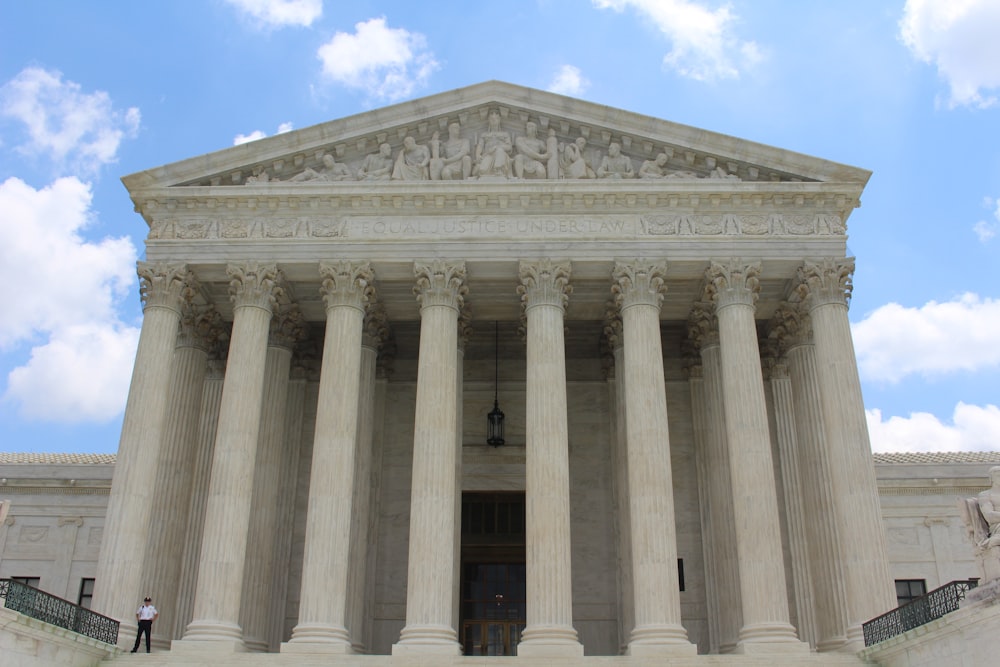Choosing the Right Fiduciary to Administer Your Estate in New London County
It’s important to choose the right people to carry out your intent under a will. Your will appoints an executor who is the person you’ve chosen to wind up your estate at your death. You may also appoint a trustee under a will or a trustee under a Revocable Trust. A Trustee manages assets for a beneficiary of your property. Often, the executor and the trustee can be the same person but it doesn’t have to be that way. You can name two different people to serve in those capacities. What happens if you make the wrong choice and the person you’ve chosen is unable to perform his duties as your fiduciary? See More



